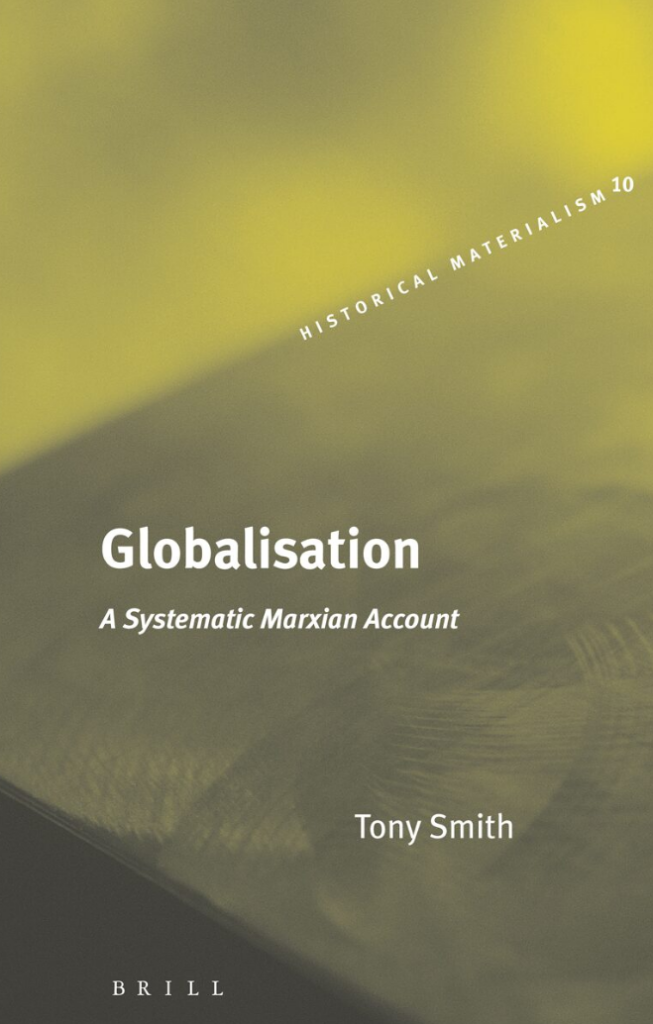Tony Smith, Iowa State University
Part One of this book examines the social-state, neoliberal, catalytic-state, and democratic-cosmopolitan models of globalisation. Each necessarily tends to function in a manner contradicting essential claims made by its leading advocates. This “immanent contradiction” provides a theoretical warrant for moving to a new position, addressing the shortcomings of the previous framework. The first three chapters of Part Two are devoted to a Marxian model of capitalist globalisation, in which the irresolvable contradictions and social antagonisms of the capitalist global order are explicitly recognised. The final chapter is devoted to a Marxian model of socialist globalisation, in which those contradictions and antagonisms are overcome, bringing the systematic dialectic of globalisation to a close.
Biographical note
Tony Smith, Ph.D. (1980) in Philosophy, Stony Brook State University of New York, is currently Professor of Philosophy of Iowa State University. He has published extensively in the field of Marxian social theory, including The Logic of Marx’s ‘Capital’ and Technology and Capital in the Age of Lean Production (SUNY Press 1990, 2000).
Readership
Globalisation; states and markets, global justice, socialism, critique of neoliberalism, Marxism.
Table of contents
Acknowledgements and Dedication
Introduction
Part One: A Systematic Reconstruction of the Globalisation Debate
1. The Social-State Model of Globalisation
2. The Neoliberal Model of Globalisation
3. The Catalytic-State Model of Globalisation
4. The Democratic-Cosmopolitan Model of Globalisation
Part Two: Beyond the Capitalist Global Order: Two Marxian Models of Globalisation
5. A Marxian Model of Capitalist Globalisation (1): The World Market
6. A Marxian Model of Capitalist Globalisation (2): The Dialectic of State and World Market
7. A Marxian Model of Capitalist Globalisation (3): ‘The International Financial Architecture’
8. A Marxian Model of Socialist globalisation
References
Index

